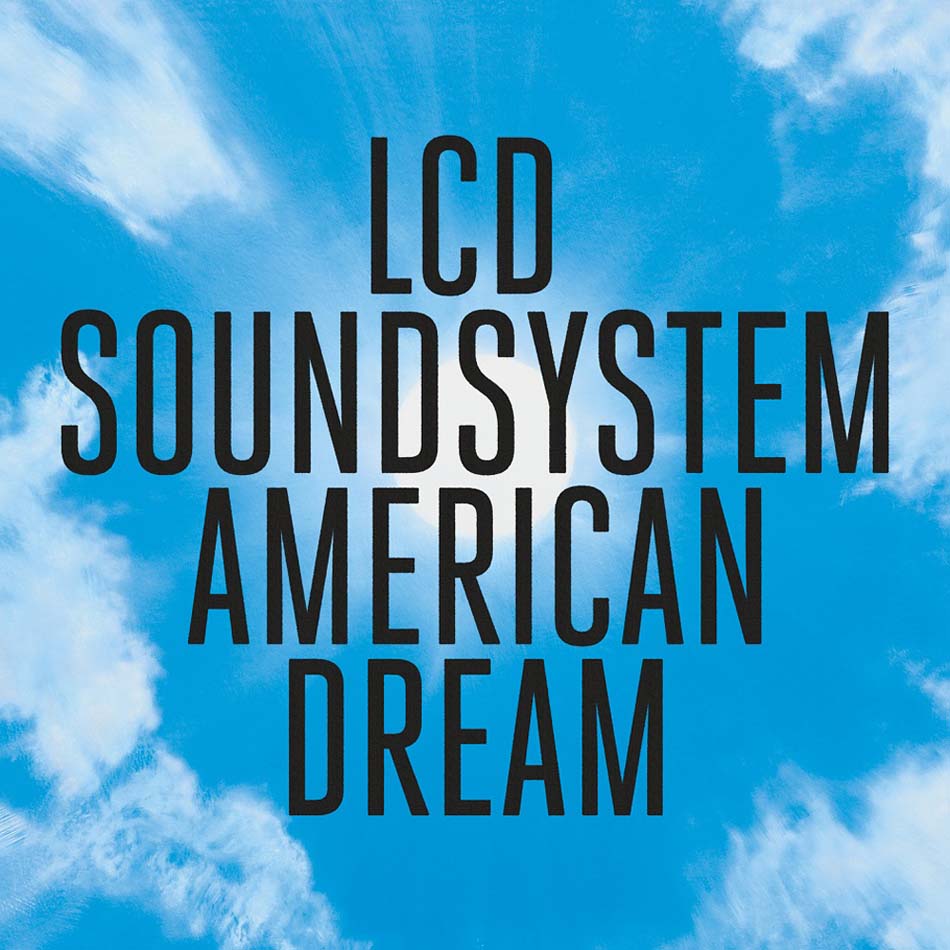LCD Soundsystem’s First Album in Six Years Doesn’t Disappoint
LCD Soundsystem’s new album is comprised of ten tracks.
September 28, 2017
When LCD Soundsystem disbanded in 2011, many fans rightfully believed that was the end for the group. After three incredibly well received, full-length albums and a plethora of singles, it was understandable for the band to break up. It was clear to most people paying attention to the band that they were standing on their last legs both creatively and as a group. However, after the release of a single in 2015 and confirmation of a follow-up album, the band was officially back together again. Some were skeptical of the band’s motives for reuniting. Was their farewell tour just four years earlier only a means for raising ticket sales? Everything hinged on the release of their new album, which wouldn’t happen until about two years later. Preceded by another three singles, LCD Soundsystem’s fourth album, American Dream, was finally released on September 1st, 2017.
Clocking in at 68 minutes, American Dream wastes no time getting into the groove of its first song, the lovestruck and relatively quiet “Oh Baby.” The album then moves into the one-two punch combo of “Other Voices” and “I Used To.”
The former is an anxious and politically charged dance track that, while initially promising, falls flat on vocal delivery and concept, while the latter is a nocturnal crawl through a dreary, radio-wave filled landscape evocative of New Wave combinations of guitar and synth.“Change Yr Mind” continues down this guitar-paved path, evoking the sound of the Talking Heads.Here, lead singer James Murphy muses, “Not dangerous now / the way I used to be once,” referencing the underground Indie Rock scene of the early 2000’s that he found himself embroiled in. “Call the Police” is the album’s lead single, an angry track more inspired by alternative rock than anything else. “The old guys are frightened and frightening to behold / the kids come out fighting and still doing what they’re told,” Murphy observes, ending the song with a mocking echo of the title, an ironic suggestion to “call the police,” exposing them as protectors of only the rich and privileged.
This song is counterbalanced by the shimmering and slow title track “American Dream,” a morning-after view of revolution as, primarily, a social event. In the end, Murphy finds himself turning again to the American Dream, something that he once despised as a non-possibility, unsure who it’s meant for or if he could possibly still have a shot at it now.
It’s fitting that an album that deals heavily with growing old and death in the music industry would end with a slow-burner. “Black Screen” winds out the album with a twelve minute song about the death of James Murphy’s mentor and friend, the late David Bowie. Singer-songwriter Leonard Cohen was intended to appear on the track, but unfortunately he, too, passed away. Murphy expresses how he feels that he owed Bowie something, that he should have seen the signs that he was dying and spent more time with him. This album proves that the band is still flawed—several songs drag on too long, the lyrics miss their mark just slightly more often than they hit—perhaps more so than ever. In spite of its flaws, the band delivers an emotionally charged and intricately made body of work that taps into somber themes of mortality and aging while remaining catchy and danceable. The album proves that LCD Soundsystem is worth spending more time with before they separate for good.
This piece also appears in our September print edition.










